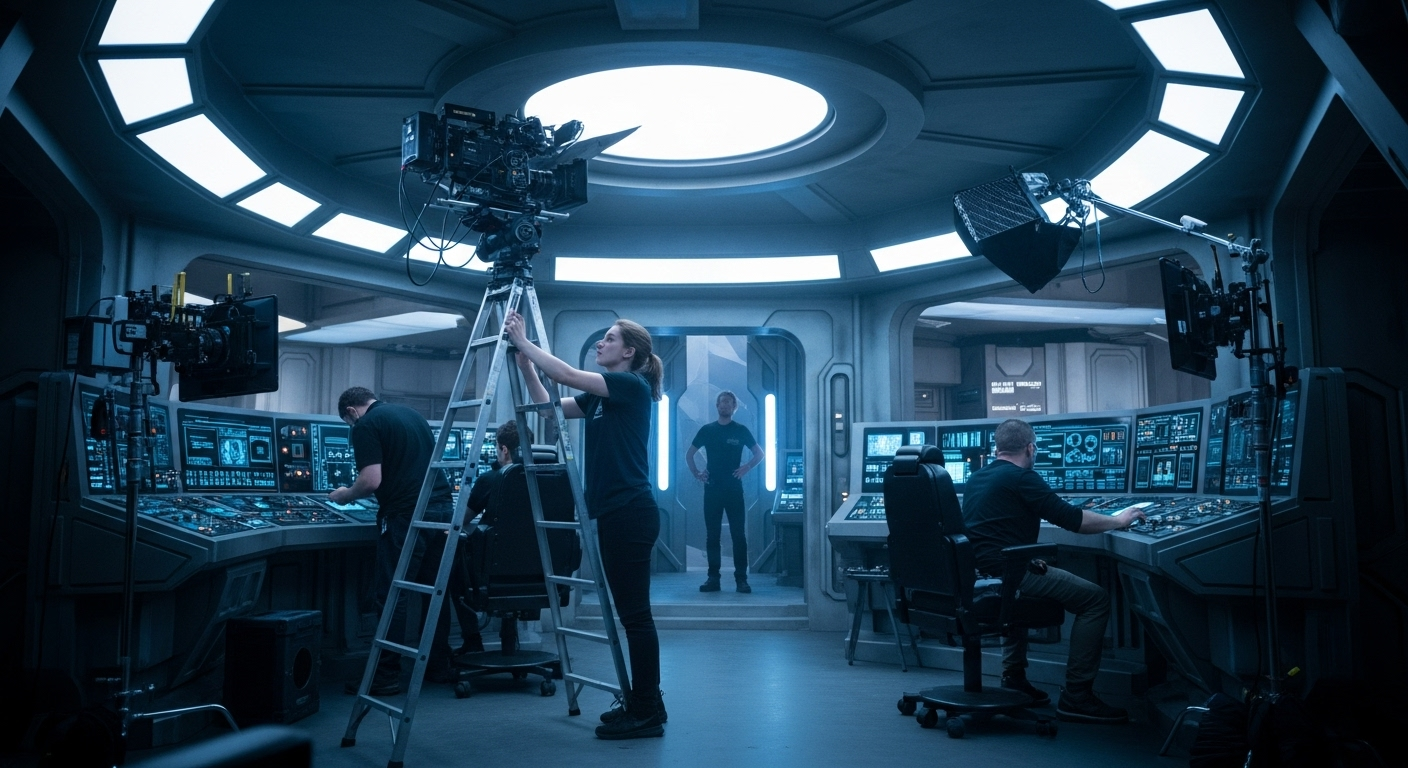Delving into Immersive Cinema: The New Frontier of Film Viewing
In the ever-evolving landscape of the arts and entertainment industry, a new trend has started to emerge, captivating audiences and critics alike. Immersive cinema, a unique blend of film and interactive theatricality, is breaking traditional boundaries and forging a new path for moviegoers. This article will delve into the fascinating world of immersive cinema, exploring its roots, current trends, and potential impact on the industry.

The Genesis of Immersive Cinema
Immersive cinema, while relatively new, has roots in early cinematic experiments. Pioneers like William Castle, known for his gimmicks like “Percepto” vibrating seats in “The Tingler,” were among the first to experiment with immersive techniques. These early attempts evolved, incorporating elements from immersive theater and interactive art installations, leading to the immersive cinema experiences we know today.
The Contemporary Landscape
In recent years, companies like Secret Cinema in the UK have popularized immersive cinema by transforming films into interactive experiences. Their events often involve elaborate sets, costumed actors, and audience participation. These experiences range from recreations of iconic scenes to full-scale town replicas, as seen in their productions of “Back to the Future” and “Blade Runner.”
Immersive Cinema: More Than Just a Trend
Immersive cinema is proving to be more than just a passing trend. With advancements in virtual and augmented reality technologies, the possibilities for immersive cinema are expanding. Production companies like Felix & Paul Studios are already experimenting with virtual reality films, offering audiences a truly immersive cinematic experience.
The Significance and the Reception
The impact of immersive cinema is far-reaching. For audiences, it offers an opportunity to engage with films in a new and exciting way. For filmmakers, it opens up new creative possibilities, challenging traditional narrative structures and encouraging innovative storytelling techniques. The response has been overwhelmingly positive, with immersive cinema events often selling out and garnering critical acclaim.
The Future of Immersive Cinema
As technology continues to evolve, so too will immersive cinema. The future may see more interactive films designed for home viewing, enabled by VR and AR technologies. While the pandemic momentarily halted immersive events, it also highlighted the appetite for unique, immersive experiences, suggesting a bright and innovative future for immersive cinema.
Immersive cinema, with its ability to transform passive viewing into an engaging, participatory experience, represents a new frontier in film and entertainment. As technology continues to advance, it’s likely that immersive cinema will continue to grow, pushing the boundaries of cinematic storytelling and offering audiences increasingly innovative experiences.




